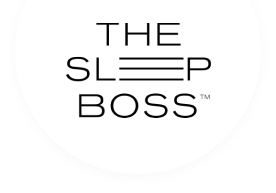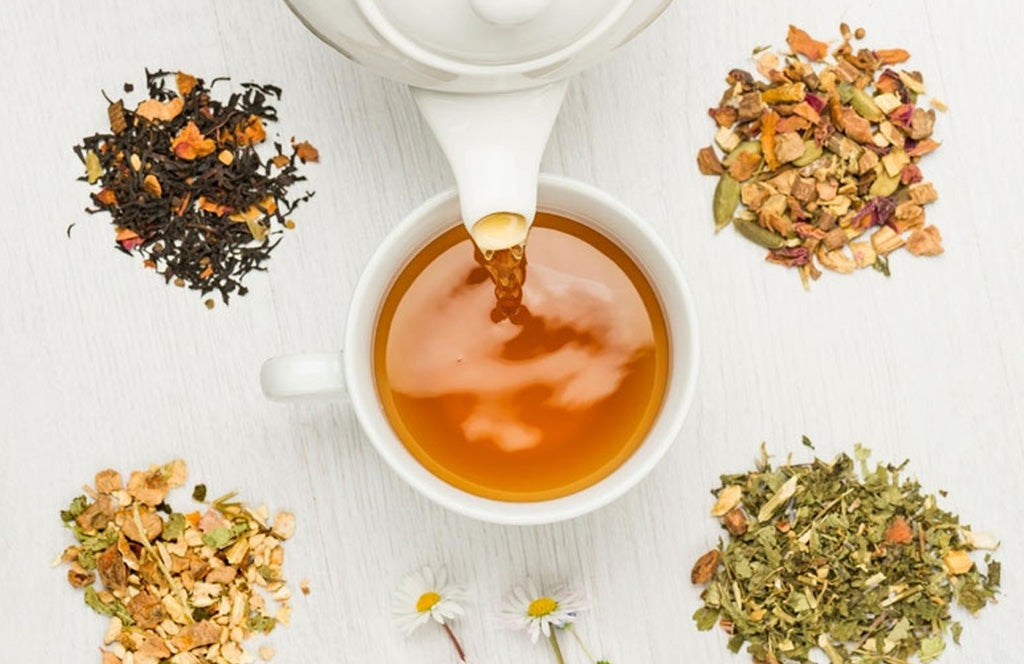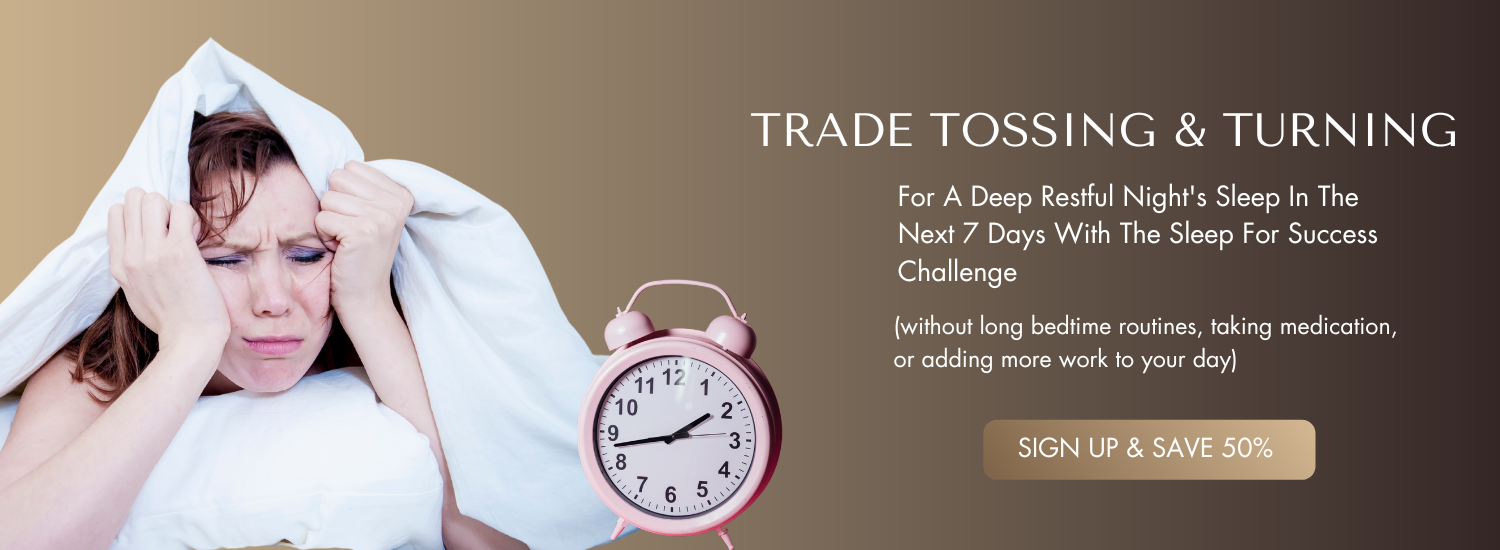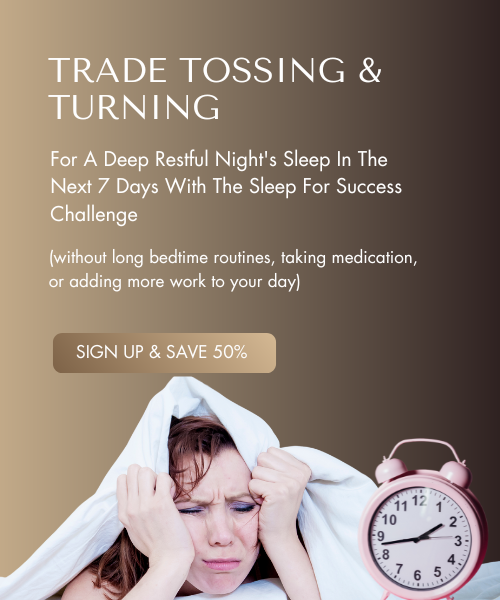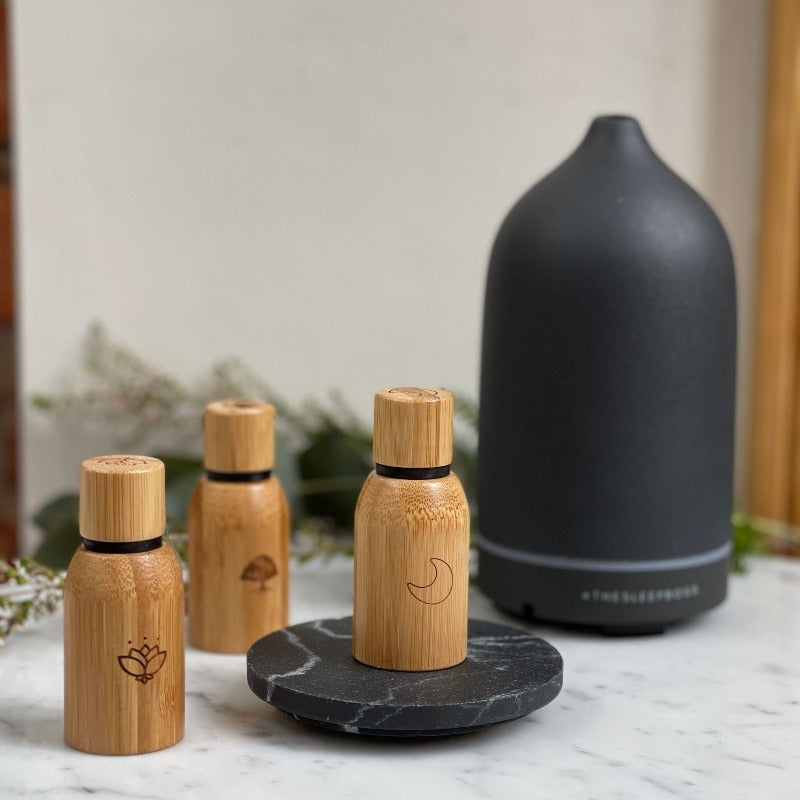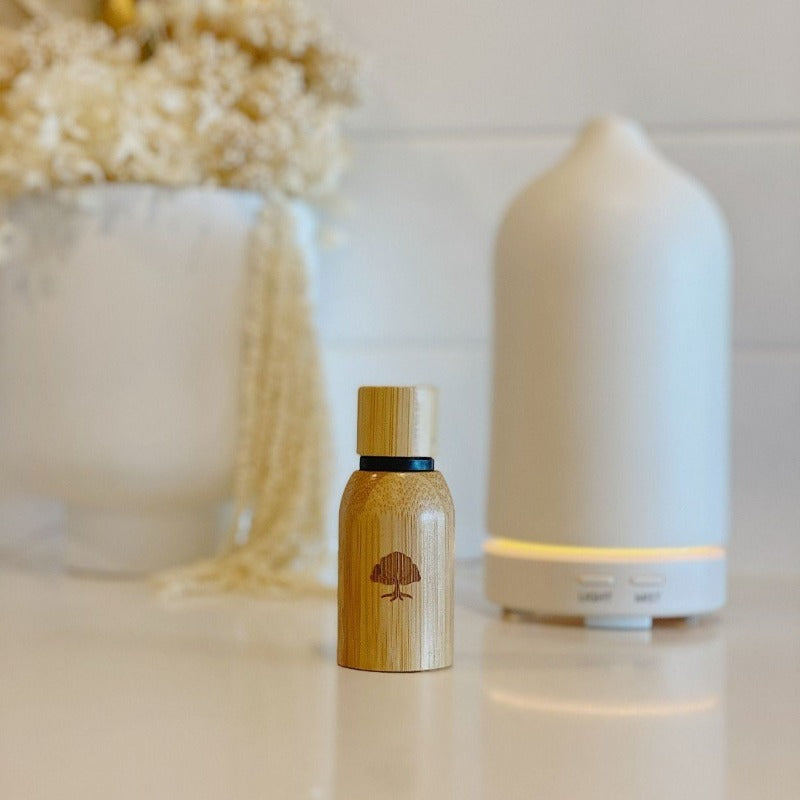
Eat Well, Sleep Well
Do you notice when you eat well, you sleep well?
Have you ever considered how your eating habits affect your sleep? The link between eating and sleep is one often neglected in favour of personal taste, preference and convenience. Most individuals don’t realise that what you put in your mouth affects more than just your waistline. Reality is, if you eat well, you sleep well. We spoke with dietician and nutritionist Eilish O’Connor about the link between sleep and eating habits, and what to avoid. Having completed her Masters of Dietetic Practice, Eilish now practises locally. To eat well and sleep well, we discussed the benefits of a whole foods diet, the distinct connection between sleep and food, how mental health is impacted by what you eat and things to avoid/things to do for a greater wellbeing.
Diet Quality
Sleep and food go hand in hand. If one is neglected then the other suffers too. To avoid exhaustion and boost your bodies energy levels, focus on your diet. The quality of food in your diet weighs heavily on embracing variety in what you eat and remembering to opt for nutrition over convenience. Eilish discovered her love for food and nutrition when she too suffered from long-term health issues. She noticed a clear difference when her diet switched to more whole foods like veggies, wholegrain and fruit. Not only does a varied diet lead to greater nutrition, but the vast range of colours evoke a level of excitement when it comes to cooking. “I think the number one tip to achieving maximum health benefits from the food we eat is to follow a balanced diet that predominantly contains food from the five food groups. Those are: grains (I would opt for whole grains over grain free/white varieties to feel fuller for longer in addition to many other health benefits such as feeding your gut bacteria), fruits, vegetables, milk/dairy foods and protein foods which may include meat, fish, eggs, tofu, beans and nuts.” If you don’t eat well your sleep starts to decline and if your quality of sleep is poor, your likely to overcompensate with unhealthy, high in sugar/fat foods to make yourself feel better. Bottom line is that eating nutritious food positively impacts your energy levels, sleep cycle and overall wellbeing. Plus, there is so much you can eat so you should never feel like you’re missing out.
The Link between Sleep and Food
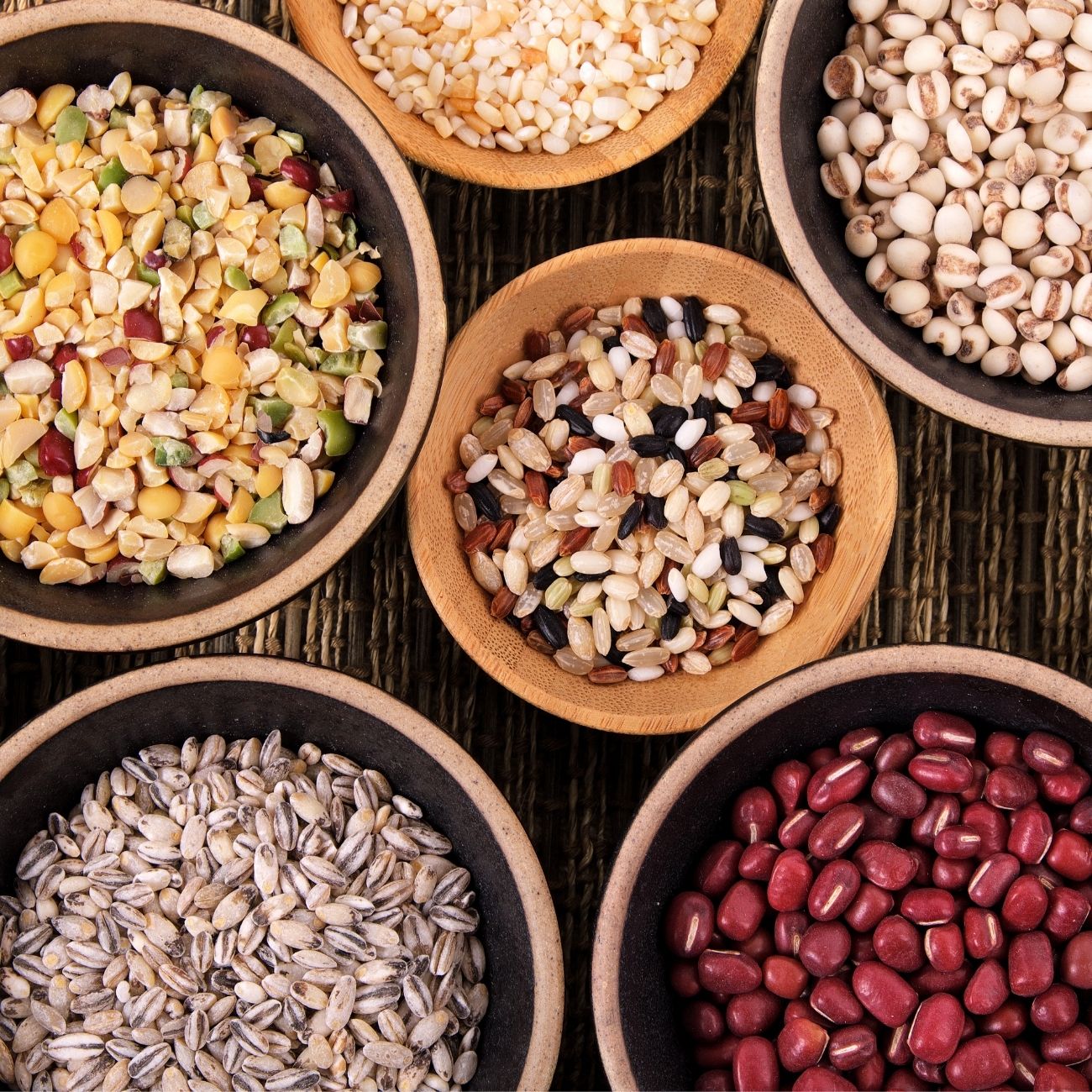
To analyse the influence food has on our lifestyles, we must acknowledge that there is a link between an individuals diet and their quality of sleep.
With reference to multiple studies, Eilish explains that short sleepers (less than 7 hrs) have increased energy intakes due to processed, high fat snacks and notably consume a smaller variety of foods which are generally lower in protein and fibre. This is in comparison to those that have a more normal sleep cycle (7-9 hours per night).
“Diet quality affects both sleep quality and sleep duration. Sleep quality is quite hard to define, it is usually characterised by the amount of slow wave sleep and rapid eye movement sleep one gets a night. These 2 stages occur with greater duration as the night progresses. Sleep quality might also be defined by sleep efficiency or the amount of time in bed spent asleep as well as the amount of time one takes to fall asleep. Sleep duration on the other hand can be defined by the amount of sleep one gets each night”.
- A high intake of confectionary food and noodles.
- Increased refined carbohydrate intake (sugar and processed grains)
- Frequent consumption (>1/month) of energy drinks and sugar sweetened beverages
- High intake of saturated fat (fat from animal products)
In contrast to these poor dietary elements, a Japan study also discovered that high intakes of fish and vegetables could be linked with a greater quality of sleep. There are also certain diets that have been shown to improve sleep quality and have a lasting positive impact among individuals.
“Therefore, it is important to always ensure you’re eating 3 quality meals high in whole grains, fruits and vegetables with the addition of nutritious snacks in between each meal”.
Eilish notes, however, that it is unknown whether sleep directly affects dietary intake or dietary intake affects sleep. These two may go hand in hand.
Mental Health, Sleep and Food
It’s nothing new to realise that a person’s mental health is affected by their sleep and vice versa. The amount of sleep disorders that exist are greater than 50 and the impact that these have on mental health conditions such as depression, anxiety and ADHD are vast (Harvard Medical School, 2009). Evidence also suggests a strong link between poor sleep quality and a poor diet in people who suffer from mental health disorders.
Sleep deprivation from sleep and mental health disorders go hand in hand with what you put inside your body. Eilish details that studies indicate an association between poor sleep quality and carbohydrate intake.
“Individuals with sleep disorders reported higher total refined carbohydrate intakes than individuals with normal sleep patterns – that is a higher intake of processed carbohydrates such as white bread and pastries”.
Additionally, research suggests that a healthier diet and greater sleep quality can reduce mental health symptoms. So, to improve your mental health and strengthen your quality of sleep you must commit to eating nutritious, healthy foods for most meals.
Things to Avoid
One main thing to avoid is eating too close to bedtime, as it can leave you feeling restless. Your digestive system won’t turn off just because you’re going to sleep. Try to eat no later than 2-4 hours before going to bed. When it comes to night-time and choosing when to eat, Eilish has some extra tips:
- Avoid sugar at night. Limit your sugar intake at night-time.
- Avoid caffeine later in the day.
- No nocturnal eating.
“Food intake (30-60 minutes) before bed can negatively influence sleep quality, with a greater effect in women than men. The reason behind this is thought to be due to postprandial physical discomfort and reduced digestive activity”.
Another thing to avoid, that we’ve learnt from personally, is lying down right after you’ve eaten. Sleep specialist and pulmonologist, Doctor Aris Latridis, explains that “Heartburn gets worse as you lie flat because there is no gravity to keep your stomach acid down” (Latridis, 2021). So, avoid lying flat on your back or eating close to bedtime as heartburn is a very unpleasant experience.
Things to Do
A few easy steps one can take to improve their sleep quality through food, according to Eilish, include:
- Eat breakfast every day; no excuses.
“Skipping breakfast initiates a higher production of ‘ghrelin’ (the hunger hormone) and usually leads to over-eating to compensate for this hunger when you break your fast”.
- Choose a high fibre diet. High fibre foods include wholegrain products, fruits, vegetables, nuts and seeds. A high fibre diet is associated with an increase in slow wave sleep and less time spent in stage one sleep (the lightest phase of sleep).
- As mentioned earlier, it is in your best interest to avoid caffeine.
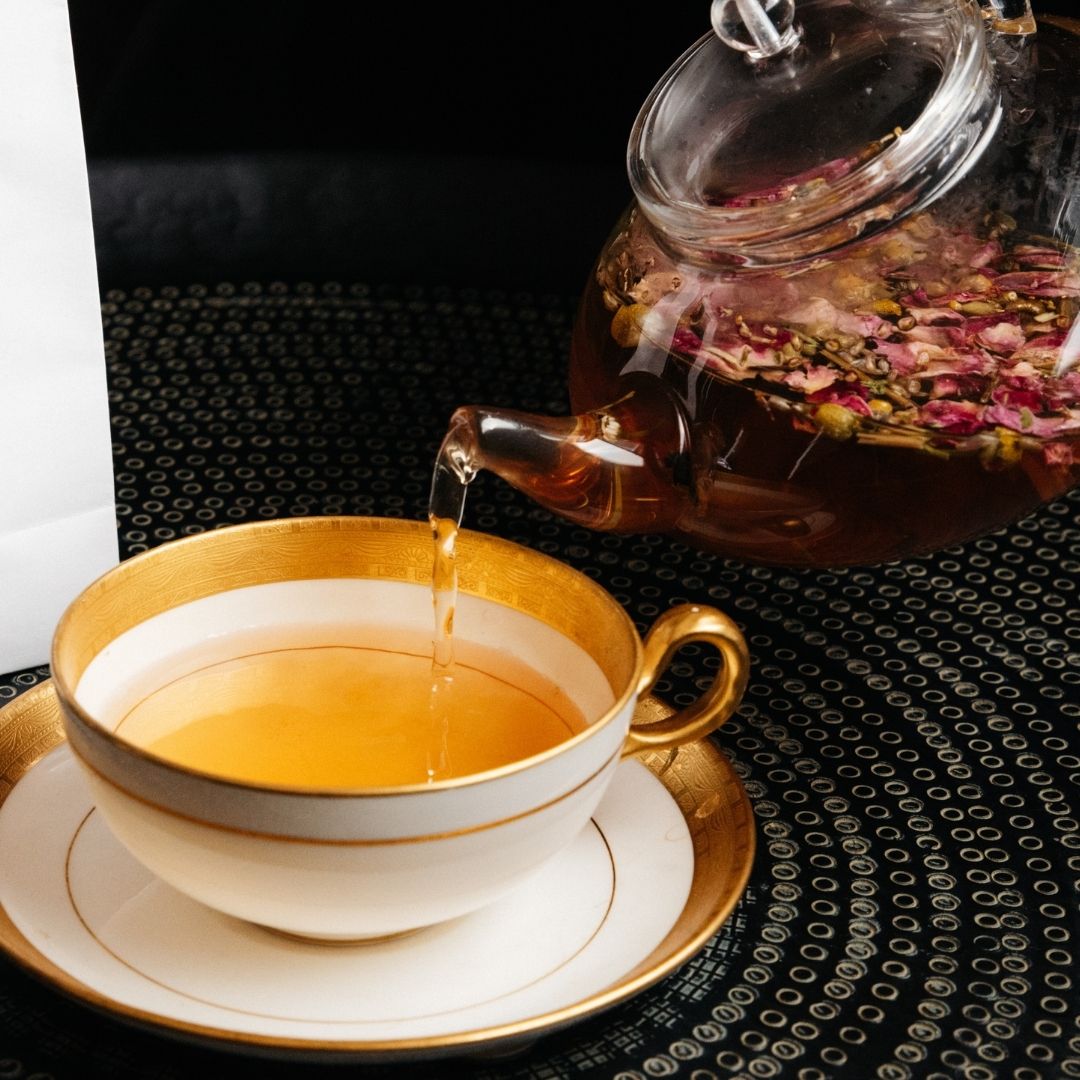
“Avoid consuming caffeine from around 2pm onwards, or ~ 7 hours before bed, otherwise it can negatively affect your sleep quality and quantity”.
Choose a caffeine free tea or glass of orange juice instead.
There you have it. If you feel as though your diet lacks nutrients and variety, and you’re having sleep difficulties, take onboard the tips provided by Eilish. When you eat well, you sleep well. Remember that every body is different, so do what works best for you. Your mind, body and soul will thank you immensely and you’ll start to notice a difference in energy levels, productivity and sleep quality.
Disclaimer: Always consult your physician, a dietician or nutritionist if you are looking to change your diet. View our medical disclaimer here.
Wellness Hub
Our Wellness Hub is a place to find wellness and mental health resources, yoga studios, meditation leaders and practitioners. We will continue to update these resources for you as we find the best to help you find your own unique way to Sleep Deep and Sleep Well. Sign Up Here
References:
- Burt, J., Dube, L., Thibault, L., & Gruber, R. (2014). Sleep and eating in childhood: a potential behavioural mechanism underlying the relationship between poor sleep and obesity. Sleep medicine, 15(1), 71-75.
- Harvard Medical School. (2009). Sleep and mental health. [Accessed 30 January 2021].
- Kim, S., DeRoo, L. A., & Sandler, D. P. (2011). Eating patterns and nutritional characteristics associated with sleep duration. Public health nutrition, 14(5), 889-895.
- Latridis, A. (2021). Can your diet affect your sleep? [Accessed 30 January 2021].
- St-Onge, M. P., Mikic, A., & Pietrolungo, C. E. (2016). Effects of diet on sleep quality. Advances in Nutrition, 7(5), 938-949.
